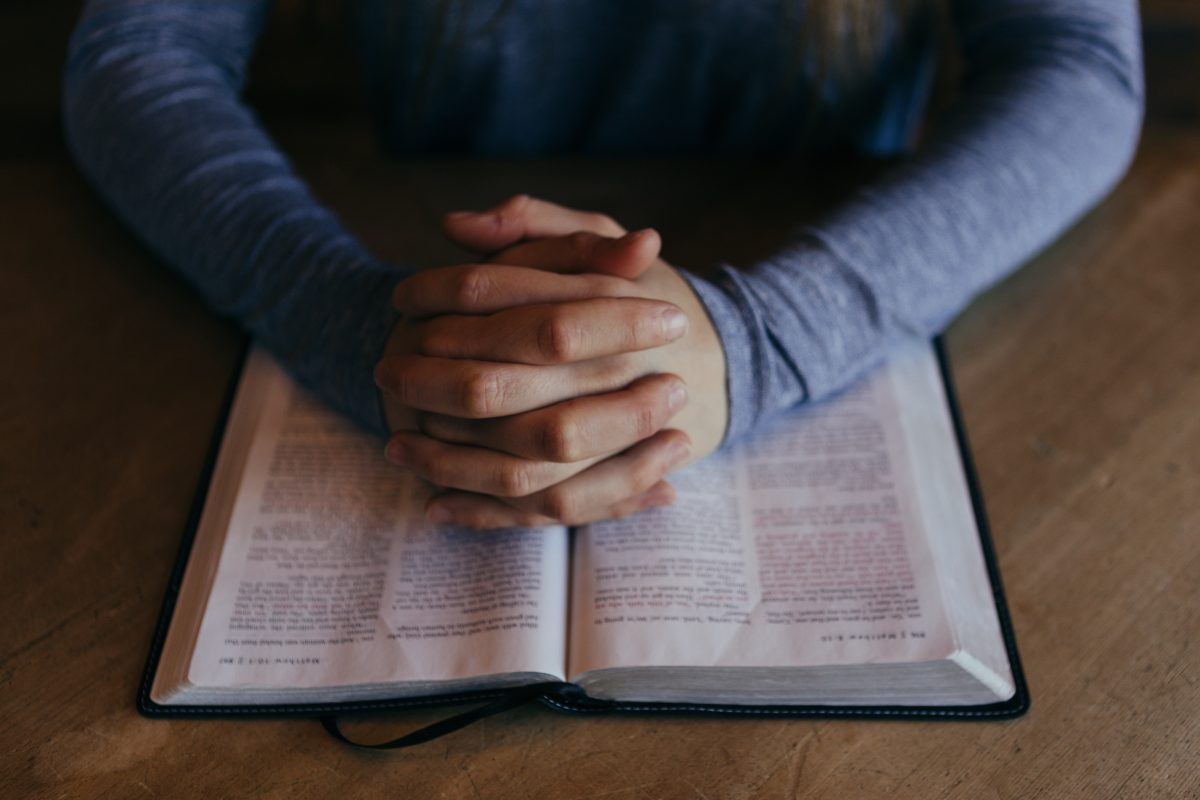The significance of prayer in addiction recovery
The eleventh Step of the Twelve Step Program for recovery from addiction says, “Sought through prayer and meditation to improve our conscious contact with God as we understood Him, praying only for knowledge of His will for us and the power to carry that out.” It is a precursor to “spiritual awakening”.

What exactly is prayer?
The key to any active communication is honesty. We can honestly express our questions, doubts, fears, and even anger in prayer. Other than honesty, there is probably no restriction. A prayer can be a litany or a short outpouring of anguish. It can say, do, or be anything because it reflects our needs.
Prayers generally fit into several categories: guidance, praise and thanksgiving, confession, petition, and intercession.
Most of our prayers combine two or more of these categories, depending on when and where they are offered. For instance, as a daily habit, we might pray a rambling prayer. Such a prayer may begin with wondering how we will face a tough decision or situation, recounting how we came to be in this position. From there, the prayer could be a request for guidance, a confession of wrongs we committed, and a conclusion of praise (perhaps in the sense of “Thy will be done”).
We may find comfort in being able to just “talk” with our Higher Power. This intensely personal prayer is often a sharing of thoughts, much as we do with friends. It may seem to have little specific purpose because it doesn’t exactly ask for guidance, and it isn’t exactly a prayer of praise. However, it does have great value because it emphasizes the trust and serenity of our relationship with our Higher Power.
We offer many of our prayers in groups – in churches, synagogues, or temples. Such prayers fit into a rite or a set situation. For example, many of us say the Lord’s Prayer after our Twelve Step meetings. A traditional table grace might be said before a meal. Although often not so personal, these prayers are beneficial because they serve as reminders of our relationship with God. If we try to think through the words, they become more personal for us.
Prayer is basically “talking” to a Higher Power. It can begin by sharing with a therapist or participating in group prayer at rehab.

The Serenity Prayer
The Serenity Prayer is often quoted in Twelve Step programs. It points to a balance between acceptance and change
The simple words of the prayer are said in different languages throughout the world:
God grant me the Serenity to accept the things I cannot change,
Courage to change the things I can, and
Wisdom to know the difference.
This excerpt is from a more extended prayer attributed to American theologian Reinhold Niebuhr (1892-1971). Although its origins are a bit unclear, its impact is not. The Serenity Prayer serves as a focal point for the very spirit of the Twelve Steps program for addiction recovery, anchoring its members to its essential teachings about acceptance and surrender. People find that saying it during times transforms hardships into a calming surrender.
The origin of the prayer is perceived to be Christian; the Serenity Prayer applies to our daily life regardless of religion or spiritual belief system. There are conflicting accounts of the prayer’s origin. The Serenity Prayer has been attributed to an ancient Sanskrit text, Aristotle, St. Augustine, St. Francis of Assisi and others.

Living the Serenity Prayer in Recovery
For many, the first verse of the Serenity Prayer serves as a daily reminder that to achieve serenity, and we must approach each moment with wisdom and courage. The Serenity Prayer aptly addresses a fundamental problem of addiction and prescribes a timeless solution.
Bill W., the cofounder of Alcoholics Anonymous, described the core trait of alcoholics as self-centeredness—which he called “self-will run riot.” He further described the alcoholic as “an actor who wants to run the whole show; is forever trying to arrange the lights, the ballet, the scenery and the rest of the players in his way.” Bill’s solution: “First of all, we had to quit playing God.”
What blocks some alcoholics and addicts from attaining serenity is their intense desire to gain absolute control—one that is just not possible for human beings. This need for control has two aspects. First is an attempt to control other’s behaviour, a strategy that addicts stick to despite its repeated failure. The second aspect manages their feelings by drugging them with mood-altering chemicals. This strategy, too, is doomed to failure.
An alcoholic’s quest for absolute control leads to misery, contributing to substance abuse issues. The vicious cycle continues until the addict accepts that there will always be external circumstances that they cannot change. The prayer encourages us to examine our inner life: We cannot directly control our emotions. We can, however, influence our feelings by what we can control—our thinking and our actions. Focusing on those two factors, we can attain the final condition promised in the Serenity Prayer: courage.
The Serenity Prayer is a wide door, one that is open to people of all faiths, backgrounds and even agnostics. It applies to addicts and non-addicts alike. People who live this prayer discover a way to strike a dynamic balance between acceptance and change. This gift is precious. Explore it!

Freephone: 0800 140 4044
Local rate: 0300 330 3040
Contact us here to find out more



